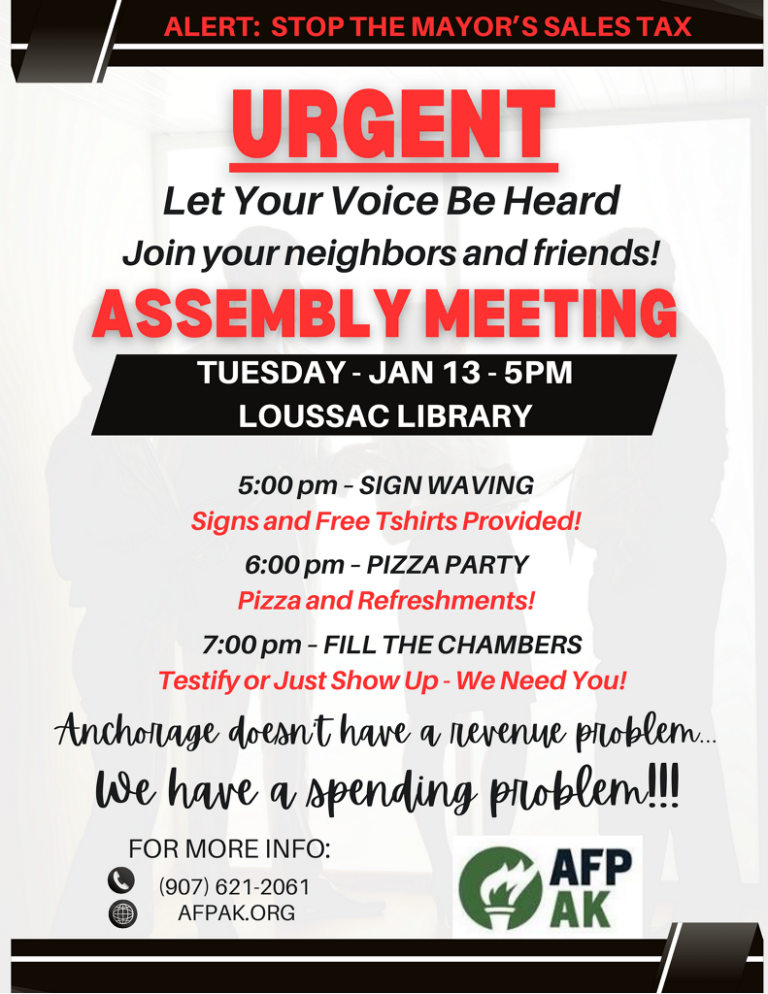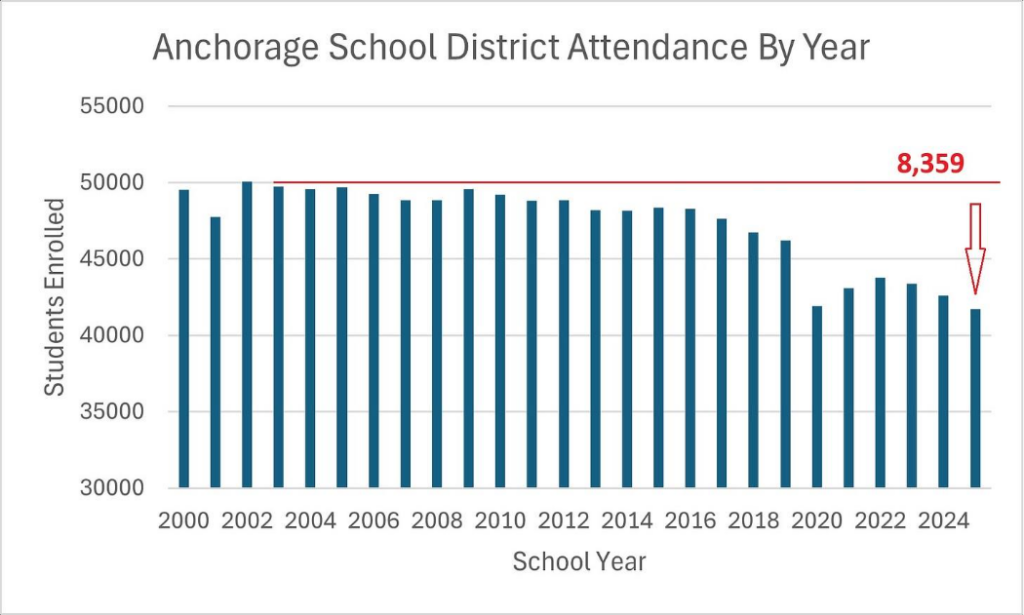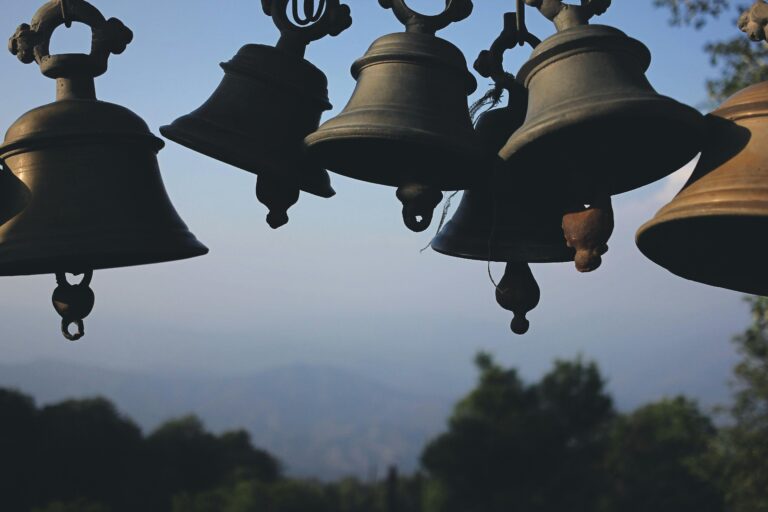By Michael Tavoliero
Venezuelan oil could re-emerge as a meaningful U.S.-linked supply over the medium to long term. Lower prices pose risk of shifting market demand away from the North Slope. If Alaska fails to address competitiveness now, the situation could create real headwinds.
During Maduro, Venezuela’s oil output fell far below its capacity. Its access to U.S. markets swung sharply. In parallel, much of the remaining export flow, especially to China, moved through sanctions-era channels and typically cleared at steep, variable discounts to Brent/ICE Brent.
Venezuela could again gain significance as a U.S.-linked supply source. Its crude output recovered to around 0.9 million b/d by late 2024 after years of collapse from mismanagement and sanctions. Following reports of Maduro’s capture, U.S.–Venezuela talks (including Chevron’s licensing discussions) have floated 30–50 million barrels moving to the U.S. under new arrangements and potentially broader reentry for U.S. firms. If those barrels materialize, Gulf Coast refineries, built and upgraded to run heavy, sour crude like Venezuela’s, would likely be first in line.
However, years of underinvestment mean Venezuela’s fields and infrastructure are in rough shape; estimates run into hundreds of billions of dollars of capital expenditures and many years to get back to multi-million-barrel production. Even after the intervention, the immediate impact on North American producers may be limited, unless there is a rapid and large Venezuelan ramp, which is not the base case.
Although Venezuela has potential as a big U.S. supply source, it will not be a quick floodgate. The US may see gradual additional heavy barrels into Gulf refiners over 5–10+ years, not a switch flipped in one or two.
If Venezuelan crude hits the US markets, one immediate impact to Alaska’s price and competitiveness is the comparable measure of quality.
Alaska North Slope (ANS) crude is a medium, slightly sour grade that mostly moves to West Coast refiners and some exports to Asia. Those markets are already facing changing refinery capacity and demand patterns.
Venezuelan barrels, by contrast, will largely target Gulf Coast refiners configured for heavy crude. They are not the same market, but in a global system, more heavy supply equals some downward pressure on overall prices, all else equal. If Venezuelan production slowly rises, ANS gets marginal price pressure, but nothing catastrophic, especially if OPEC and other producers adjust. But if, in a more aggressive scenario, Venezuela climbs back toward 2–3 million bbl/d over time and exports a lot to the U.S., then Alaska will feel it via lower long-run prices, which hit high-cost North Slope projects first.
Right now, major ratings and market commentary say impacts on North American producers, including Alaska, are “limited” under current trajectories.
The most critical impact to Alaska may be capital competition. There are only so many upstream investment dollars in the majors’ budgets. That is where Venezuela really competes with Alaska. The new Venezuela policy is explicitly inviting Chevron, Exxon, ConocoPhillips, etc. to reinvest in Venezuelan fields and infrastructure.
Alaska’s North Slope is capital-intensive, remote, and politically contested, even as production is finally positioned to grow again in the 2030s with new projects. Alaskan commentators are already flagging Venezuela as a direct rival for investment attention: if Venezuela is seen as a huge, discounted resource play with political cover from Washington, CFOs may prioritize barrels there over frontier or higher-cost Alaska developments.
Even if ANS barrels continue to find buyers, Alaska could still see a quieter but meaningful shift in investment priorities: fewer North Slope projects get sanctioned, or they move more slowly, if Venezuelan barrels start to look cheaper, faster, and more attractive on a risk-adjusted basis. Inside oil companies, the comparison becomes hard to ignore: why commit scarce capital to high-cost, logistically complex Arctic development at $X per barrel when a similar barrel in the Orinoco belt might be brought on for $X–Y with fewer delays and a shorter payback window?
The continued impacts of regulatory realities and political optics also produce two possible narratives impacting Alaska.
What happens when the White House says, “We have secured new supply from Venezuela”? This will signal less urgency to support controversial expansions in Alaska (ANWR, offshore, new pipelines), especially under progressive administrations that are already ambivalent about Arctic drilling.
Conversely, a national-security argument can cut the other way: if Venezuelan stability looks shaky or contested, Alaska remains the only truly secure, domestically controlled, large conventional basin. That can still be leveraged politically if Alaskans make the case well.
In the next 0–3 years, Venezuela is mostly a headline. Exports are rising off a low base and flowing to Gulf Coast refiners that are not buying ANS, so Alaska feels little beyond price noise. The real threat is 3–10+ years out. If Venezuela becomes “investable,” it can crowd out North Slope capital and modestly soften global prices. This is exactly the squeeze that hits high-cost barrels first.
Alaska’s answer is to win on certainty and competitiveness. It must also start now with fiscal resilience. That means cutting the above-ground risk premium through stable fiscal terms and predictable permitting, marketing ANS as secure, rule-of-law U.S. supply, and driving efficiency and infrastructure optimization (TAPS utilization and West Coast/Asia access) so ANS stays off the margin. But it also means tightening the state’s belt today by reducing operating costs and building a leaner budget posture, so Alaska can absorb sudden, unimagined price downturns without lurching into crisis.









